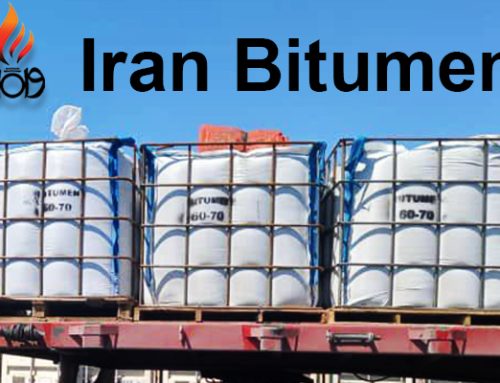
The Role of Bitumen in Road Construction From Refineries to Asphalt Plants
The Backbone of Modern Roads
Bitumen, a byproduct of crude oil refining, plays a fundamental role in the modern world of infrastructure. It serves as the binding agent that holds together the aggregates used in asphalt pavements, ensuring strong, durable, and weather-resistant roads. Without bitumen, the smooth blacktop highways and resilient airport runways we rely on would not exist. As global demand for sustainable and high-quality roads continues to grow, understanding how bitumen is produced, processed, and utilized is more important than ever.
From Refineries to Storage Tanks: How Bitumen is Produced
The journey of bitumen begins in the refinery. During the final stages of crude oil distillation, heavier fractions that do not vaporize become bitumen. This material is further processed to achieve specific viscosity and penetration grades suitable for different climates and construction requirements.
Refined bitumen is often classified into various grades—such as Penetration Grade (e.g., 60/70, 80/100), Oxidized Bitumen (e.g., 85/25, 90/15), or Performance Grade (PG) binders—each tailored for a unique purpose. The refining process determines properties such as softening point, ductility, and aging resistance, all of which influence how well the bitumen performs in road applications.
Asphalt Plants: Where Bitumen Meets Aggregates
Once produced, bitumen is transported to asphalt mixing plants, where it is blended with mineral aggregates (sand, gravel, and crushed stone) to produce hot mix asphalt (HMA). The mixing temperature typically ranges from 150°C to 170°C, ensuring a uniform coating of bitumen around each aggregate particle.
The precise ratio of bitumen to aggregate depends on the intended road use. High-traffic motorways require stronger, stiffer mixes with higher-quality binders, while lighter traffic areas use more flexible compositions. Modern asphalt plants are equipped with computer-controlled systems that guarantee consistency, temperature regulation, and environmental compliance.
The Science Behind Road Durability and Performance
The performance of any road depends largely on the quality and characteristics of the bitumen used. A good binder provides:
-
Adhesion: Strong bonding between bitumen and aggregates prevents stripping.
-
Flexibility: Allows the pavement to expand or contract with temperature changes.
-
Resistance: Protects against rutting, cracking, and water damage.
To improve these properties, bitumen can be modified with polymers (PMB), rubber, or natural additives like gilsonite, enhancing elasticity and temperature stability. Such modifications extend pavement life, reduce maintenance costs, and contribute to sustainable construction practices.
Sustainability and Future Trends in Bitumen Applications
As infrastructure demands evolve, the bitumen industry is embracing greener and more efficient technologies. Recycled asphalt pavement (RAP) and warm mix asphalt (WMA) techniques are now widely adopted to reduce energy consumption and emissions. Furthermore, continuous innovations in bitumen chemistry—such as bio-based modifiers and nanotechnology—are paving the way toward eco-friendly, high-performance road materials.
By optimizing production processes and improving binder formulations, manufacturers and exporters are helping build roads that are not only longer-lasting but also environmentally responsible.
Conclusion
Bitumen is more than just a black substance—it is the backbone of road construction, connecting refineries to infrastructure. Its journey from crude oil to asphalt pavement reflects advanced engineering, precise chemistry, and a commitment to quality. As global transportation networks expand, the demand for high-performance bitumen continues to grow, reinforcing its critical role in building durable, sustainable roads for the future.
The Role of Bitumen in Road Construction
Discover the essential role of bitumen in road construction, from its production in refineries to its application in asphalt plants worldwide. Learn how different grades of bitumen—such as penetration grade, oxidized bitumen, and performance-grade binders—are used to enhance road durability, flexibility, and weather resistance. This article explores the journey of bitumen, the science behind its binding properties, and the innovative technologies that ensure smoother, longer-lasting pavements. Whether you are an engineer, contractor, or bitumen supplier, understanding the importance of quality bitumen in road construction is key to achieving superior performance and sustainability in modern infrastructure projects.



